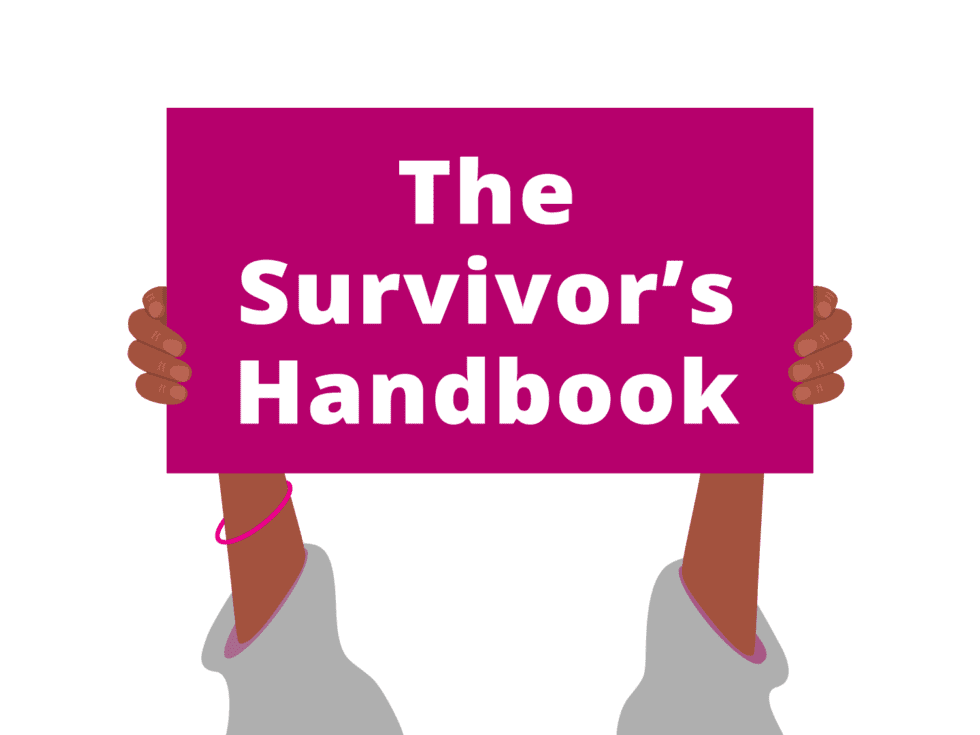Trauma happens when someone experiences an event or events that are very frightening, upsetting, or overwhelming. It can make a person feel helpless, powerless, or out of control. Trauma can affect how we feel physically, emotionally, and mentally, and sometimes it can make it hard to cope or respond in the moment.
When a traumatic event feels overwhelming, it can affect how our brain processes and stores the memory. This can make the event feel almost frozen in time, as if it is always happening.
Interpersonal trauma is trauma that happens in relationships we trust. It can result from violence, abuse, war, or forced separation from family, community, culture, or home.

Trauma isn’t just caused by physical violence. It can also be emotional or psychological. Some common events that can cause trauma include:
It is these experiences over time that can:
‘produce profound and lasting changes in physiological arousal, emotion, cognition and memory’
(Herman1992)


After experiencing a traumatic event, it is normal to have strong reactions. For many people, these feelings ease after a few days or weeks. For others, trauma symptoms can last longer or become stronger. If you notice these symptoms regularly, trauma-informed support or therapy can help.

The Survivor’s Handbook provides practical support and information for women experiencing domestic abuse, with simple guidance on every aspect of support.
